Led by Public Involvement in Education and Research (PIER), this session looks at how to meaningfully involve patients and service users in the research process.
This workshop offers an engaging introduction to the what, why and how of public involvement in research. It is co-designed and facilitated by Rachel Jury and Tim Worner, who have extensive experience of sharing their lived experience expertise in research studies, Dr Mel Hughes, Academic Lead for the BU PIER Partnership and Angela Warren, PIER involvement coordinator.
We will cover the different approaches to public involvement; the public contributor role; the benefits of public involvement and what pitfalls to avoid. The workshop will also provide an opportunity for researchers to learn about public involvement and to consider this from the perspective of experts by experience and in relation to their own research. This will be interactive with opportunities for researchers to share and discuss ideas and plans.
Intended outcomes
– Develop a knowledge and understanding of different models of public involvement
– Consider the benefits of public involvement for a research study and all those involved
– Identify best practice in designing and conducting public involvement in research
| Workshop | Date | Time | Location |
|---|---|---|---|
| Public and Patient Involvement in Research | Tuesday, 24th January 2023 | 14:00 – 15:30 | Lansdowne Campus |
To book a place on this workshop please complete the Booking Form.
For queries regarding the content of this session, please contact Public Engagement: publicengagement@bournemouth.ac.uk
For any other queries, please contact Organisational Development.

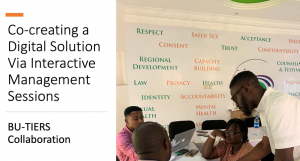
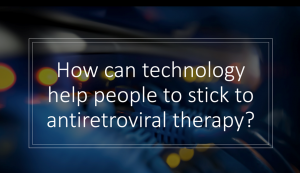
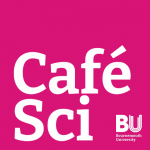 Café Scientifique
Café Scientifique
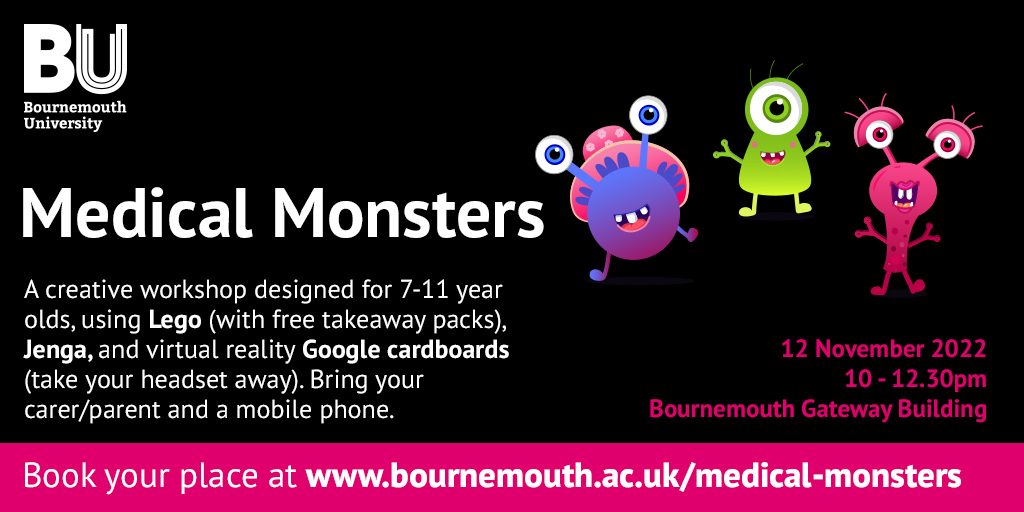
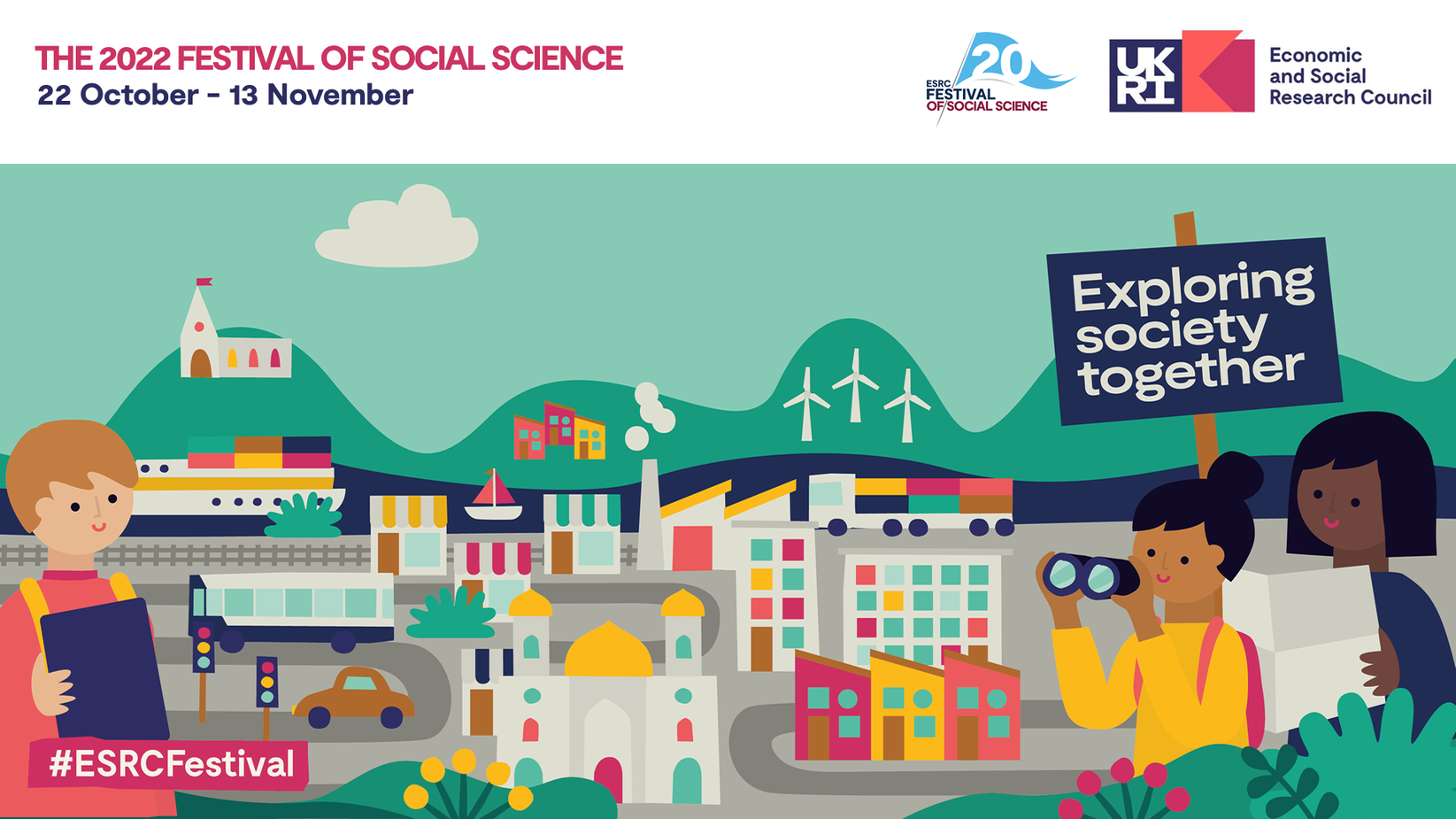


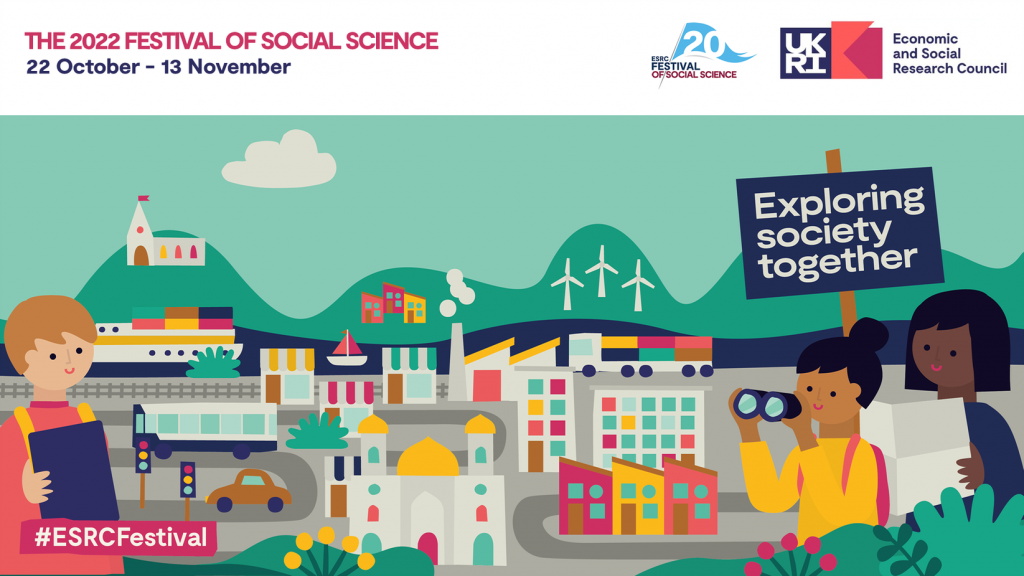













 Beyond Academia: Exploring Career Options for Early Career Researchers – Online Workshop
Beyond Academia: Exploring Career Options for Early Career Researchers – Online Workshop UKCGE Recognised Research Supervision Programme: Deadline Approaching
UKCGE Recognised Research Supervision Programme: Deadline Approaching SPROUT: From Sustainable Research to Sustainable Research Lives
SPROUT: From Sustainable Research to Sustainable Research Lives BRIAN upgrade and new look
BRIAN upgrade and new look Seeing the fruits of your labour in Bangladesh
Seeing the fruits of your labour in Bangladesh ECR Funding Open Call: Research Culture & Community Grant – Apply now
ECR Funding Open Call: Research Culture & Community Grant – Apply now ECR Funding Open Call: Research Culture & Community Grant – Application Deadline Friday 12 December
ECR Funding Open Call: Research Culture & Community Grant – Application Deadline Friday 12 December MSCA Postdoctoral Fellowships 2025 Call
MSCA Postdoctoral Fellowships 2025 Call ERC Advanced Grant 2025 Webinar
ERC Advanced Grant 2025 Webinar Update on UKRO services
Update on UKRO services European research project exploring use of ‘virtual twins’ to better manage metabolic associated fatty liver disease
European research project exploring use of ‘virtual twins’ to better manage metabolic associated fatty liver disease